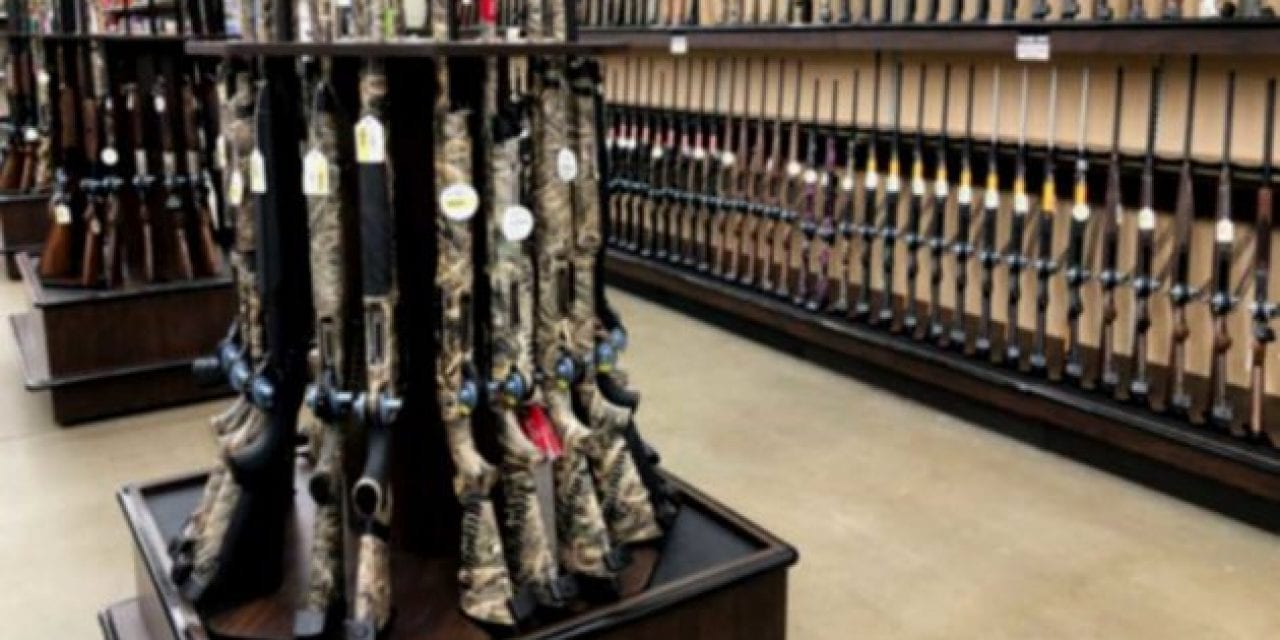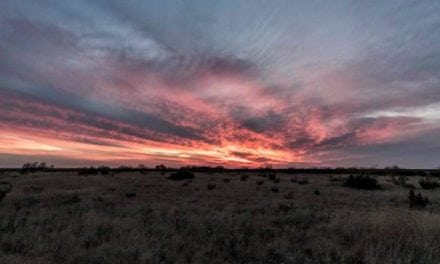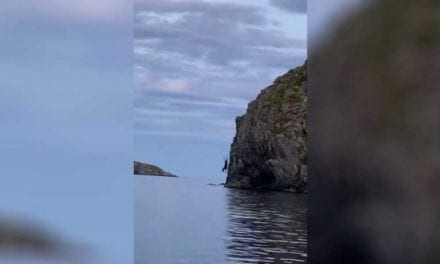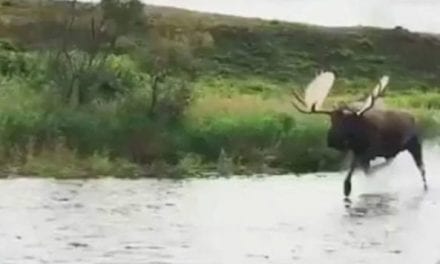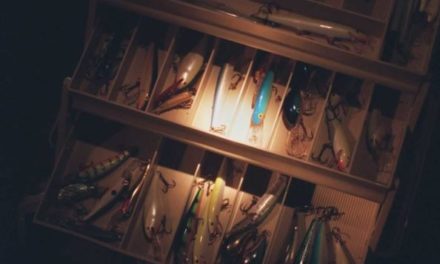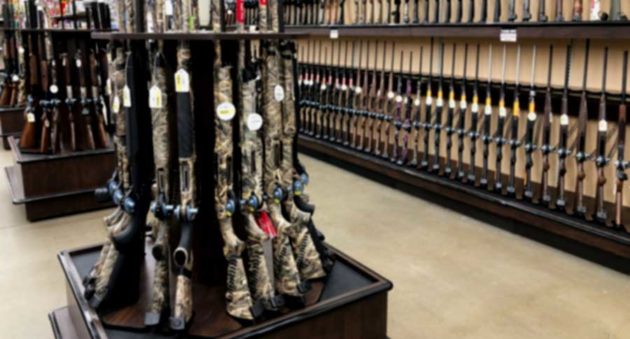
How is the economic impact of hunting really helping or hurting some areas?
Sportsmen and women use the argument all the time in defense of hunting: “Hunting activities can have a great economic impact on many areas.” But have you ever really stopped to think about what that meant?
Hunting season is a big business in rural areas of the country. Even as the number of hunters seems to be dropping nationwide.
We’ll go over the economic benefits of the hunting industry here in the United States today. We’ll also look at the possibility of whether the hunting industry can hurt certain areas.
Where does hunting contribute in license sales?
Fortunately, the U.S. Fish and Wildlife Service has tons of data to prove how much money and tax revenue is generated by hunting license sales. Let’s look at Texas, just because they have more hunters than any other state out there.
Over one million licensed hunters, both resident and non-resident, are calculated to spend nearly $47 million this year in the Lone Star State alone. That’s just on licenses, tags, migratory bird and waterfowl stamps!
Of course, this money goes to major conservation efforts and wildlife management. The funds are used to protect endangered species, research wildlife diseases and of course, to purchase and protect vast acres of wilderness for more public hunting opportunities. Oh, and they help pay the salaries of the hardworking men and women who serve as conservation officers protecting our natural resources.
So, while you may grumble a bit before every deer hunting season about another license increase, just know it’s going to a good cause.
Other hunting taxes and their effects
One other thing I want to mention from the U.S. Fish and Wildlife Service’s data is the excise taxes paid by the Wildlife Restoration Act. Not familiar with it? You should be. Introduced in 1937, the Wildlife Restoration Act, also known as the Pittman-Robertson Act, puts an additional 10-11 percent tax on firearms and ammunition.
These federal taxes go directly back into conservation efforts across the United States. The U.S. Fish and Wildlife service calculates nearly $7.2 billion has been generated through the Wildlife Restoration Act since it was first introduced. Oddly enough, this tax flies largely under the radar, and I hear few hunters or fishermen ever mention it.
While these and hunting licenses aren’t a direct economic impact on the rest of the world, we thought they were worth mentioning in any discussion of what hunting dollars can do.
Where is hunting’s economic impact helping?
Now that we’ve covered the usual licenses and taxes and how they affect conservation and wildlife agencies, let’s talk about hunting’s other economic impacts.
While you may not notice the direct economic impact of hunting, I can promise you probably know someone who does. A while back, I wrote an article where I was critical of baiting for deer. I received plenty of biting emails on this, but the most notable one to me was a business owner who said November went from their busiest time of year to the slowest as a direct result of Michigan banning it this season. I’ll admit, I had not thought of that.
Retail sales of firearms and archery equipment are still probably the biggest hunting expenditures keeping mom-and-pop style small businesses open in some of the more remote parts of the country.
Once again, data from the U.S. Fish and Wildlife Service and National Shooting Sports Foundation backs this up in a big way. Mainly because they’ve broken it down state by state and item by item just how much money hunting brings in. For instance, looking at the data for Texas again, residents there spent nearly $2 billion just in retail sales alone! That’s a huge chunk of change and a massive impact on local economies!
But the USFWS breaks it down even more than that. They’ve tallied up ALL hunting related expenditures based off data they got from surveys and the numbers are jaw-dropping. That’s why I’m going to highlight a few things from 2011 here.
First we have the usual stuff; rifles and shotguns contributed $1.5 billion and $915 million, respectively. Archery gear was another $935 million. Decoys and game calls accounted for another $300 million. I contributed this year by buying a new hunting jacket and bibs. Hunting clothing accounted for $653 million in sales in 2011.
Hunting is big business, as you’ve undoubtedly noticed by all the sponsor plugs on every hunting TV show.
But did you ever stop to add up all the money you spent on your last hunting trip? I’m not talking just hunting gear, either. I’m talking everything from start to finish. Had an empty freezer when you started? Food and drink costs associated with all types of hunting hit nearly $3.3 billion in 2011!
It gets better. Costs of all types of lodging, which includes hotels, campgrounds and cabins topped $660 million. Ever flown for the hunt of a lifetime? Flight costs for hunting were $218 million!
Hunting really is an economic force when you start diving into it. We were amazed to learn fuel costs for hunters were $4.4 billion alone in 2011! Anti-hunters can accuse hunters of a lot of things, but they can’t say we aren’t generous in our economic contributions! That’s a lot of money going to an assortment of businesses here in the U.S.
How is hunting’s economic impact detrimental?
While all the numbers we cited above are great, they’re also not as high as they likely used to be. Let’s use my home state of Michigan as an example here. The Great Lakes State is rooted in a rich hunting tradition that goes back hundreds of years.
Michigan is also one of most-hunted states for its size. In 2017, 620,000 people bought a hunting license. While we’re talking millions of dollars being pumped into license sales. Unfortunately, Michigan’s hunter numbers are in sharp decline. That 620,000 is a far cry from the all-time high of 785,000 set back in 1998.
Now consider the fact that’s 165,000 hunters no longer buying guns, ammo, camo or any of the other intangible items bought by hunters every year. That’s millions that aren’t going to local businesses and to our state wildlife agencies. This again brings me back to that store owner who emailed me about his business being hurt by the baiting ban. For some businesses, hunting season may be their make or break time of year. Such as the case may seem in the video above.
Small town businesses are already struggling just about everywhere and when older hunters drop out with no one to replace them, you can lose places that have been open for decades.
Of course, the total opposite end of the spectrum is the places that are now overrun. Thanks to the Internet, the secret of many popular hunting areas is out and now you’ve got to fight for position. Just look at what happens in Jackson Hole, Wyoming every shed hunting season now. Thanks to winter closures on shed hunting, the town is overrun with shed hunters looking for giant elk sheds every May when officials open the season. While that’s great for the economy and local business, it stinks for the locals who now have a ton of competition to deal with.
Speaking of the Internet, the good news with the modern hunting economy is that new businesses, especially online ones, and hunting equipment niches have a place to thrive in this new hunting industry. But you do lose something in the process. That’s the chance to go in and inspect all the products in person.
You can watch every video on the Internet on a gun you like, but you’re never going to know exactly how that rifle or crossbow feels against your shoulder until you pick it up for the first time. Shopping online is convenient, but we do miss the tangible experience and expertise the local stores provide.
Sadly, brick-and-mortar locations seem to be doing the same disappearing act as those 165,000 hunters who aren’t buying licenses in Michigan anymore.
Why does economic impact matter?
In the course of researching this article, I came across a video that discussed how Japan now has a real deer problem now because of the difficulties of obtaining gun licenses, hunting permits and a shrinking population of aging hunters.
The difference here is Japan’s problem is much worse than ours. Now deer are over-populating and starting to go unchecked.
From articles I found, the options now are mass culls or bring back native wolves. Neither idea is going over too well from what I’ve read.
That’s why the economic impact of hunting is so important. It all but guarantees hunting will be around for years to come. These dollars are crucial in maintaining wildlife agencies and control of wild animals.
There’s a trickle-down effect here because insurance agents and farmers, among others, have a vested interest in keeping populations of problem animals like deer at a stable level.
Simply put, there’s more money wrapped up in this beyond just hunter dollars. That’s why I always shake my head a little bit at hunters who get so wrapped up about anti-hunters. The antis aren’t going to be able to make that kind of economic impact, which is why you’ll never see hunting banned or outlawed completely here in the U.S.
As I’ve written in the past, I feel the slow loss of hunters may one day lead to the downfall of hunting completely, but fortunately, I don’t think any of us will live to see that day.
I do worry about some things though. Like preservation of our public lands and protections to endangered species. As more and more hunters drop out, both become vulnerable to losing those protections. It’s a delicate system. One that’s hurt with every passing year as hunters age out.
So, make sure you buy a hunting license this year, even if you only get out a few times. Even better, introduce someone new to hunting who can help carry on outdoor recreation traditions. The preservation of our favorite species and natural areas may literally depend upon it!
For more outdoor content from Travis Smola, be sure to follow him on Twitter and check out his Geocaching and Outdoors with Travis Youtube channels.
NEXT: ARE BLUE LAWS HURTING HUNTING RETENTION AND PARTICIPATION?
WATCH
The post The Economic Impact of the Hunting Industry: How It's Helping and How It's Hurting appeared first on Wide Open Spaces.

